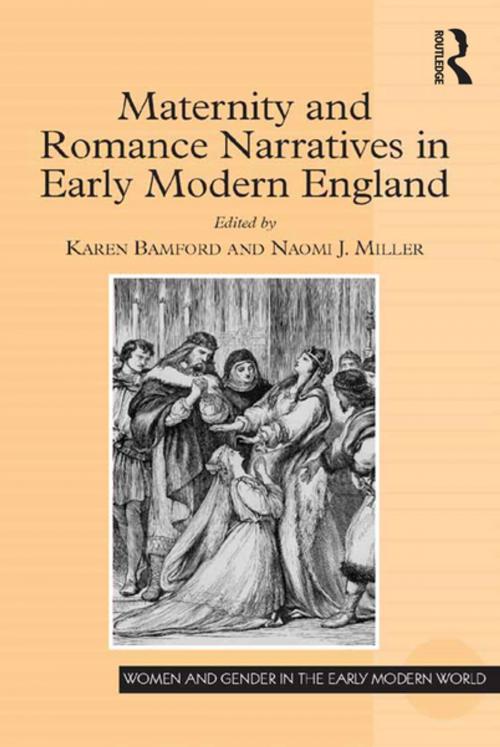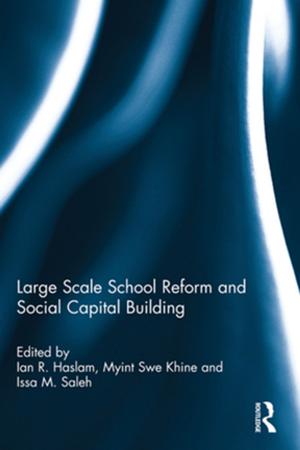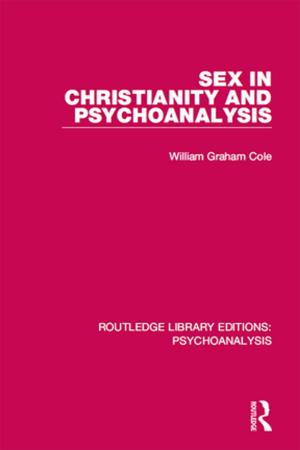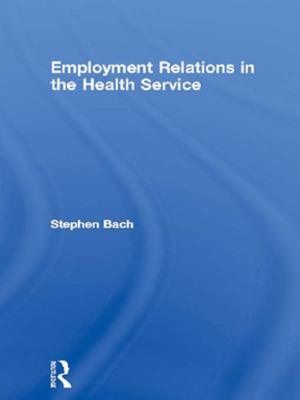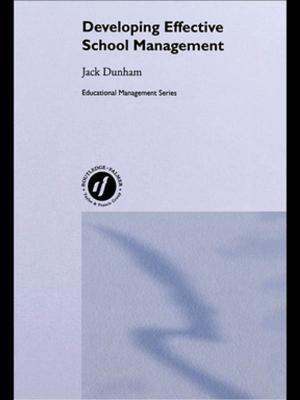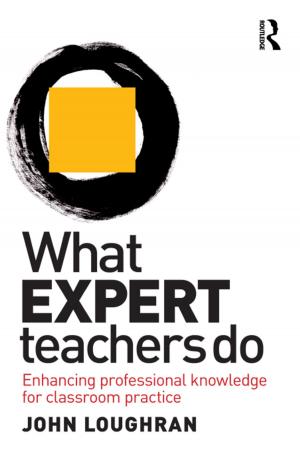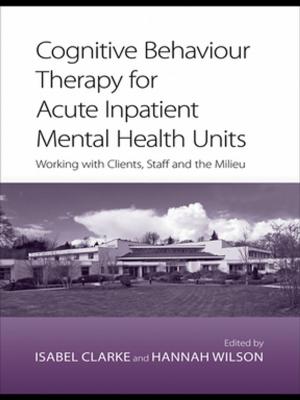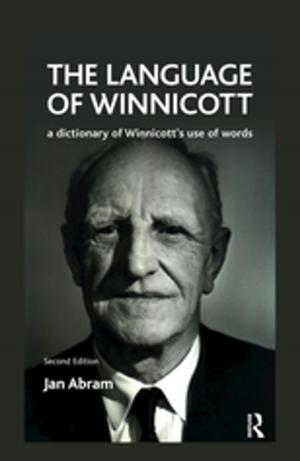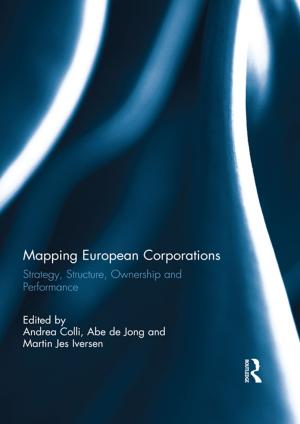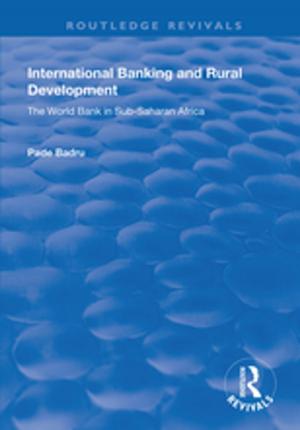Maternity and Romance Narratives in Early Modern England
Nonfiction, Social & Cultural Studies, Social Science, Gender Studies, Women&, Fiction & Literature, Literary Theory & Criticism| Author: | ISBN: | 9781317099390 | |
| Publisher: | Taylor and Francis | Publication: | May 6, 2016 |
| Imprint: | Routledge | Language: | English |
| Author: | |
| ISBN: | 9781317099390 |
| Publisher: | Taylor and Francis |
| Publication: | May 6, 2016 |
| Imprint: | Routledge |
| Language: | English |
Though recent scholarship has focused both on motherhood and on romance literature in early modern England, until now, no full length volume has addressed the notable intersections between the two topics. This collection contributes to the scholarly investigation of maternity in early modern England by scrutinizing romance narratives in various forms, considering motherhood not as it was actually lived, but as it was figured in the fantasy world of romance by authors ranging from Edmund Spenser to Margaret Cavendish. Contributors explore the traditional association between romance and women, both as readers of fiction and as tellers of ’old wives’ tales,’ as well as the tendency of romance plots, with their emphasis on the family and its reproduction, to foreground matters of maternity. Collectively, the essays in this volume invite reflection on the uses to which Renaissance culture put maternal stereotypes (the virgin mother, the cruel step-dame), as well as the powerful fears and desires that mothers evoke, assuage and sometimes express in the fantasy world of romance.
Though recent scholarship has focused both on motherhood and on romance literature in early modern England, until now, no full length volume has addressed the notable intersections between the two topics. This collection contributes to the scholarly investigation of maternity in early modern England by scrutinizing romance narratives in various forms, considering motherhood not as it was actually lived, but as it was figured in the fantasy world of romance by authors ranging from Edmund Spenser to Margaret Cavendish. Contributors explore the traditional association between romance and women, both as readers of fiction and as tellers of ’old wives’ tales,’ as well as the tendency of romance plots, with their emphasis on the family and its reproduction, to foreground matters of maternity. Collectively, the essays in this volume invite reflection on the uses to which Renaissance culture put maternal stereotypes (the virgin mother, the cruel step-dame), as well as the powerful fears and desires that mothers evoke, assuage and sometimes express in the fantasy world of romance.
